[Best_Wordpress_Gallery id=”528″ gal_title=”BIANCO-VESTITA-PHOTO”]
Del suo passato industriale, la città di Milano conserva numerose tracce e testimonianze, che ritroviamo in questo loft total white.
testo edda giancola • ph e stylist michele biancucci e chiara virgili
Milano. Porta Venezia, una delle sei porte principali della città ricavata all’interno dei Bastioni. Ne annunciano il transito, individuandone il prezioso contesto, i neoclassici caselli daziari opera dell’architetto Rodolfo Vantini.
Qui, un vecchio circolo di bocciofila del primo Novecento viene riconvertito in spazio abitativo conservando intatti i caratteri tipologici della struttura industriale preesistente: layout a pianta aperta e altezze elevate. Si accede all’appartamento percorrendo un ballatoio sospeso al piano primo, che confluisce in una terrazza avvolta da una rassicurante e inaspettata vegetazione che odora di libertà e di ricordi; il living, contraddistinto da un ampio fronte vetrato, domina lo spazio e visivamente comunica con la cucina, parzialmente defilata, ma concepita come naturale continuazione dell’area dining.
Al piano superiore sono collocate le camere da letto con i bagni di pertinenza, tutte comunicanti con un terrazzo che affianca longitudinalmente l’appartamento garantendo un notevole apporto di luce naturale tramite lucernari a “nastro”. Bianco ovunque… che dilata le superfici annullando i confini; coinvolge le finiture, gli arredi, il tessile ed i complementi, caratterizzando lo spirito di questa casa non convenzionale dall’anima poetica. Il leitmotiv è indiscutibilmente il colore bianco, tanto celebrato da Emily Dickinson nelle sue poesie, dove sovente compare.
Il bianco quale emblema di un vuoto pieno di vita: per la poetessa è premessa indispensabile per una condizione di libertà dell’anima e della mente. Quindi, perché scegliere il totale white? “Perché Milano è grigia” racconta la proprietaria, ma anche perché paradossalmente è il colore dell’energia e della vitalità. Le scelte stilistiche e cromatiche, qui intraprese, hanno reso questa casa una suggestiva e romantica pausa dalla frenesia costante della grande metropoli.
[ap_divider color=”#CCCCCC” style=”solid” thickness=”1px” width=”100%” mar_top=”20px” mar_bot=”20px”]
“DRESSED IN WHITE”
Milan treasures several traces and proofs of its industrial past, which can be found in this total white loft.
Text written by Edda Giancola • Photography and styling by Michele Biancucci and Chiara Virgili
Milan. Porta Venezia, one of the six main gates of the city built inside the Bastioni – the walls of Milan –. They announce the passage by identifying the precious context, the neoclassical tollbooths due to architect Rodolfo Vantini.
Here, an ancient bowls club dated back to the early 1900s has been reconverted into a housing space, preserving the typological features of the pre-existing industrial building: open-plan layout and severe height. The way forward to enter the flat is a hanging walkway on the first floor which flows into a terrace, surrounded by a comforting and unexpected greenery that smells like freedom and memories; the living space is distinguished by a wide glass façade, it dominates the space and visually communicates with the kitchen – partially in the background – but it was conceived as a natural continuation of the dining area. All bedrooms and related bathrooms are placed upstairs; they are all connected to a terrace that flanks the flat lengthwise, pledging a remarkable supply of light, thanks to the band skylights.
White everywhere… that expands the surfaces by abolishing borders; it involves final touches, furniture, textiles and accessories by marking out the essence of this unconventional house with a poetic soul. The white colour is unquestionably the leitmotif, much glorified by Emily Dickinson inside her poems, where it frequently appears. White as the symbol of an empty space full of life, for the poetess it represented the essential foreword for a free state of soul and mind.
Therefore, why choose total white? “Because Milan is grey” the owner tells, but also because paradoxically it is the colour of energy and dynamism. Colour and style choices – made here – turned this house into a romantic and suggestive break from the constant frenzy of the large Milanese metropolitan city.

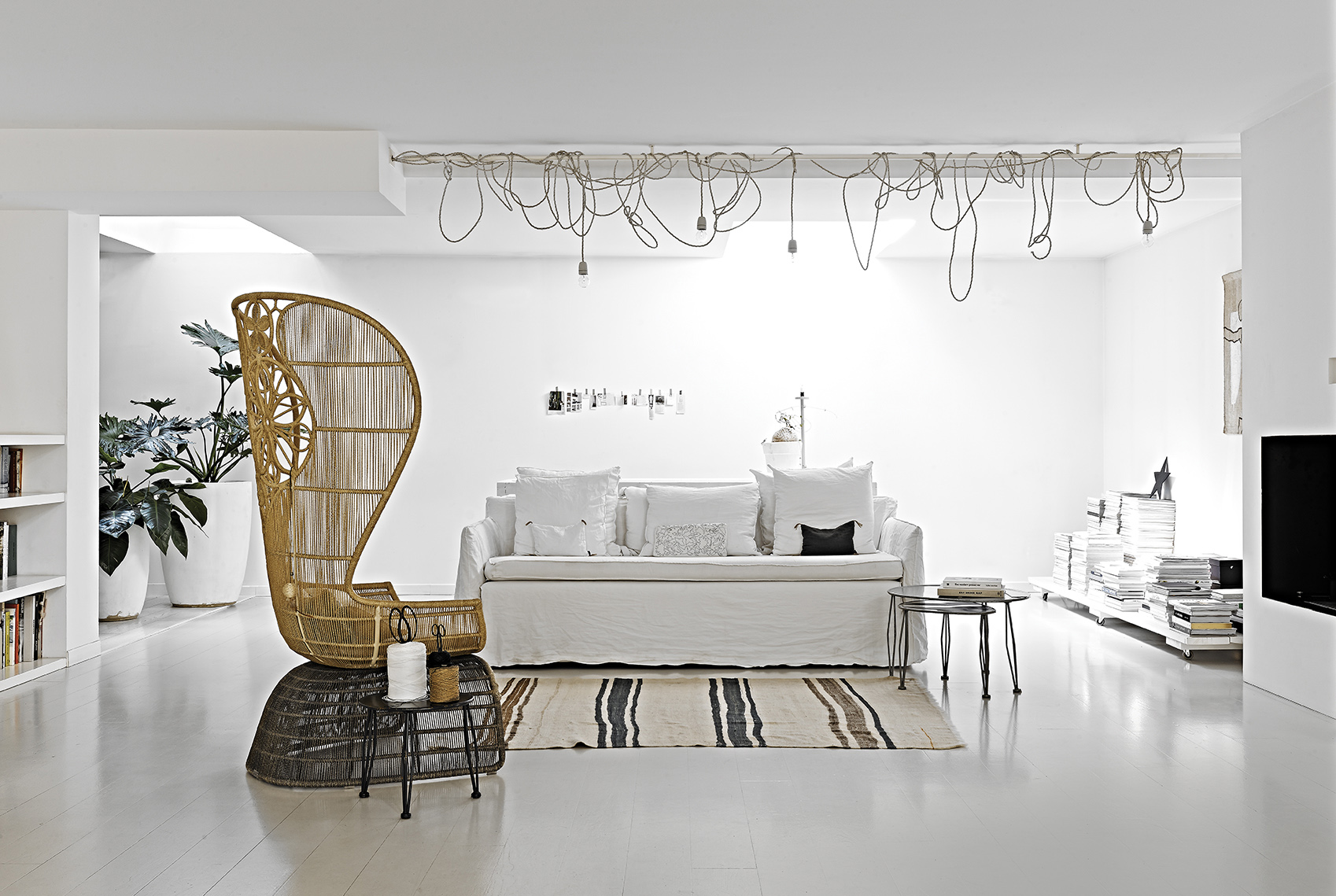


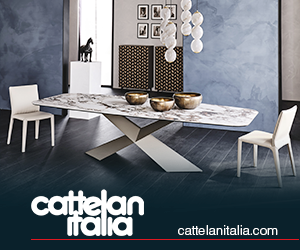
.png)
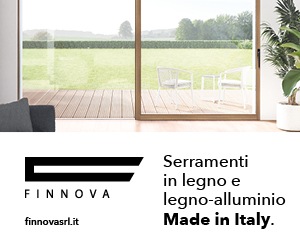
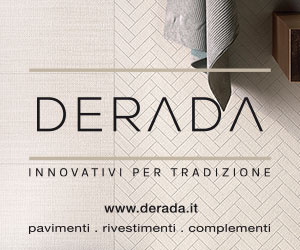
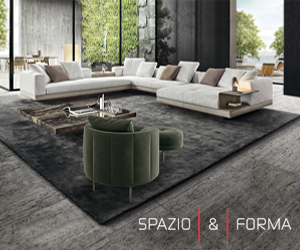
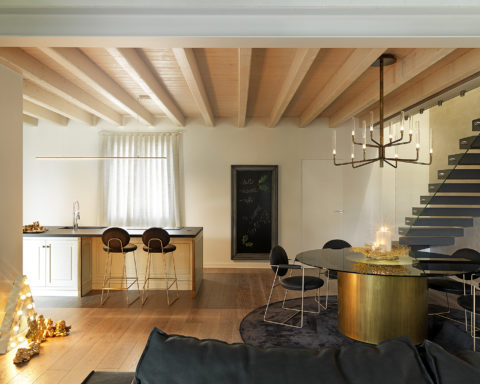
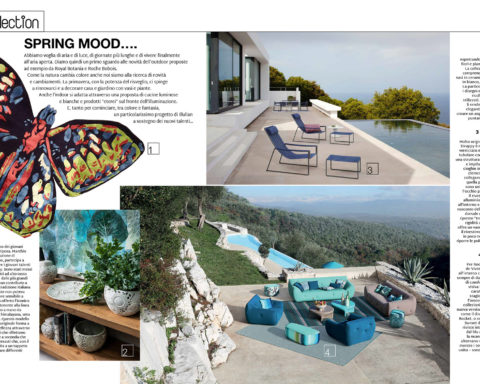
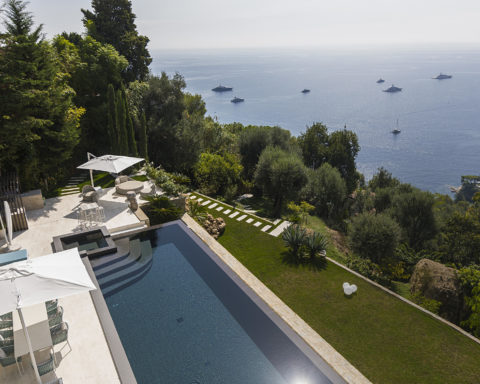
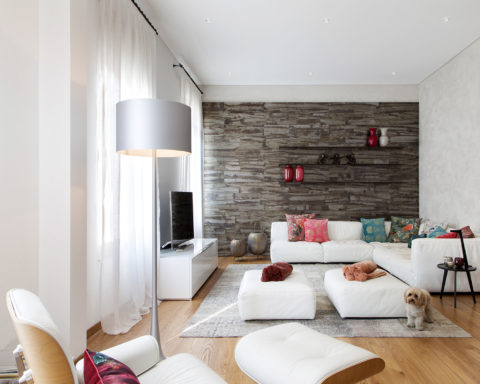
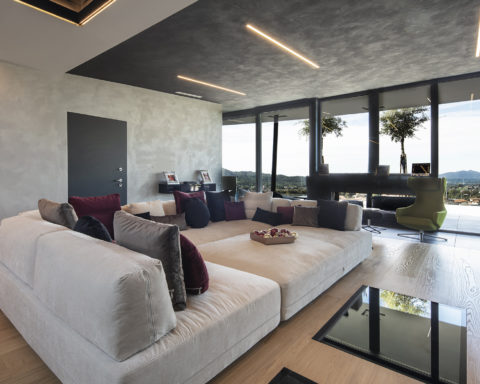
Seguici su